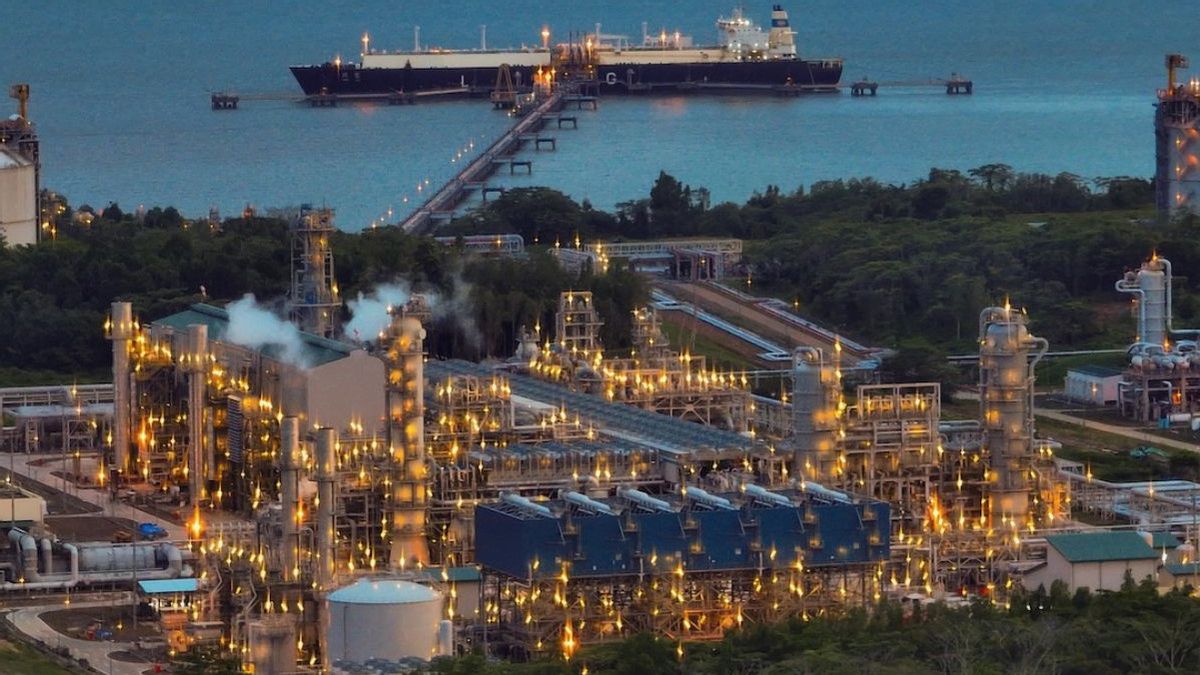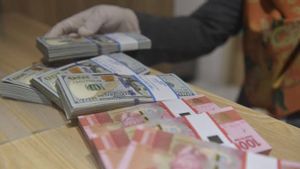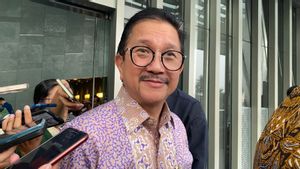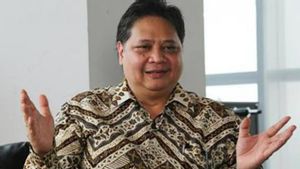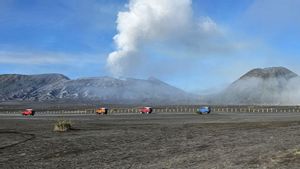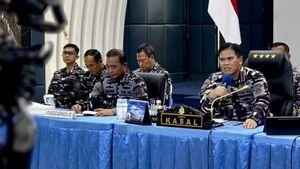JAKARTA - President Joko Widodo accompanied by Minister of Energy and Mineral Resources (ESDM) Arifin Tasrif, Minister of State Secretary Pratikno, and Minister of Investment Bahlil Lahadalia, today, Friday 24 November is scheduled to inaugurate the National Strategic Project Tangguh Train 3.
This project is a project to develop the LNG refinery in the Tangguh gas field in Bintuni Bay, West Papua.
Tangguh Field is the largest natural gas producer in Indonesia that aims to meet national gas needs.
"As a national strategic project, the LNG Tangguh Train 3 project is expected to provide great benefits for Indonesia and the surrounding community because it has an important role in supporting Indonesia's economic growth and climate change mitigation," said Head of the Communications Bureau of Public Information Services and Cooperation of the Ministry of Energy and Mineral Resources Agus Cahyono Adi at quoted Friday, November 24.
Agus said that the Tangguh LNG located in Teluk Bintuni Regency itself has been operating since 2009 and now consists of a marine gas production facility supplying three LNG refineries with a capacity of 3.8 million tons per person (mtpa) each.
"With the operation of Train 3, Tangguh became the largest gas producer in Indonesia with a total annual production of 11.4 mtpa, or about 35 percent of national production," said Agus.
Furthermore, this project will use CCS (Carbon Capture and Storage) technology to reduce greenhouse gas emissions.
The process of carbon dioxide capture and storage (CCS) is a series of processes that capture carbon dioxide (CO2) from industrial sources, such as power plants, cement factories, and steel factories, and store them in safe and permanent storage locations.
This can help reduce greenhouse gas emissions and climate change mitigation.
Furthermore, Agus said, in addition to inaugurating the Tangguh Train 3 Project, on this occasion there will also be the development of three other projects in West Papua which are still part of the upstream oil and gas project and its derivatives.
VOIR éGALEMENT:
First, the Carbon Capture, Utilization, and Storage (CCUS) Ubadari Project, which is the next integrated project of the Tangguh Project.
Second, the blue ammonia downstream project.
Third, the development of the Red Kido Smoke Natural Gas Field (AKM) will begin soon in the Kasuri working area.
This gas production from the AKM Field will partly be used to support the supply of raw materials for the Pupuk Kaltim plant which will be built in the Fakfak area.
The English, Chinese, Japanese, Arabic, and French versions are automatically generated by the AI. So there may still be inaccuracies in translating, please always see Indonesian as our main language. (system supported by DigitalSiber.id)
